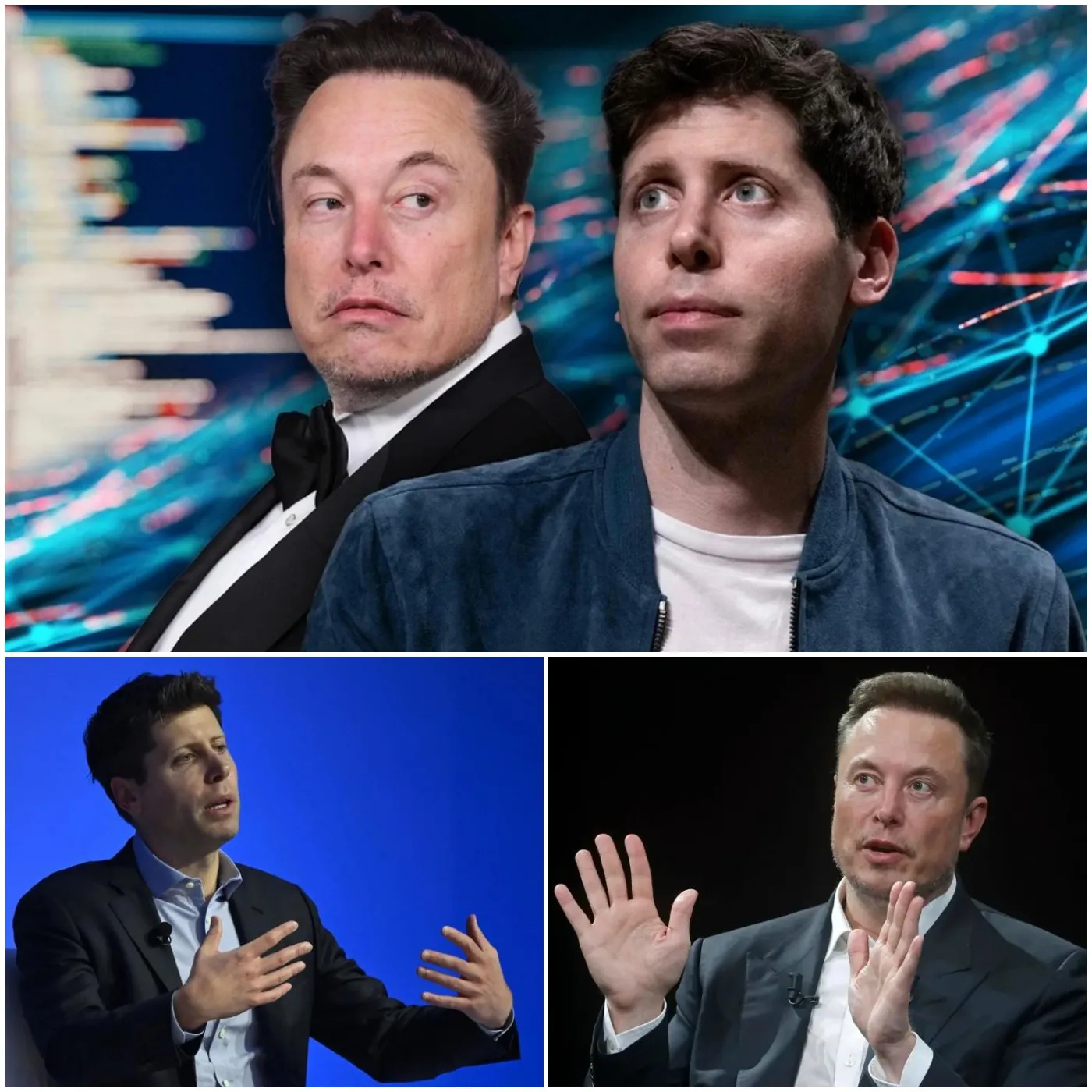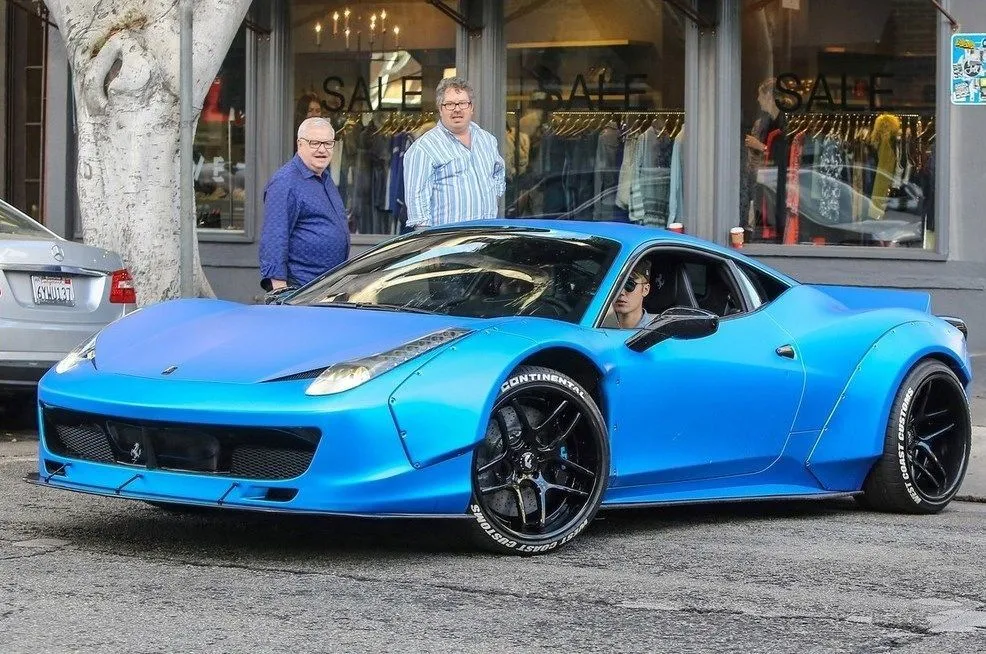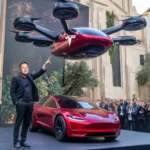
Sam Altman Drops Bombshell on Musk’s Shocking Move Against OpenAI!
The rivalry between Elon Musk and Sam Altman has escalated, with Altman suggesting that Musk’s $97.4 billion offer to acquire OpenAI is not a genuine acquisition attempt, but rather a strategic move to disrupt OpenAI’s progress in the artificial intelligence (AI) industry.
According to The Wall Street Journal, Musk’s attorney, Marc Toberoff, submitted the formal bid on February 10, proposing to acquire all of OpenAI’s nonprofit assets. The offer came with the condition that OpenAI must return to its original nonprofit mission and halt its transition toward a for-profit model.
Altman responded swiftly, dismissing the offer in a legal filing submitted to a California federal court. He urged Judge Yvonne Gonzalez Rogers to reject Musk’s bid, arguing that the billionaire’s actions were aimed at creating uncertainty and slowing down OpenAI’s momentum. Altman stated that Musk’s bid contradicts his own criticisms of OpenAI’s profit-driven shift, suggesting it was more about destabilizing a competitor than a serious business proposal.
Meanwhile, Toberoff called Altman’s argument “completely irrelevant,” emphasizing that Musk’s intention is to preserve OpenAI’s original mission of developing open-source AI for the public good.
With legal proceedings underway, the outcome of this dispute could have significant implications for the AI sector, highlighting the high-stakes competition between two of Silicon Valley’s most influential tech leaders.
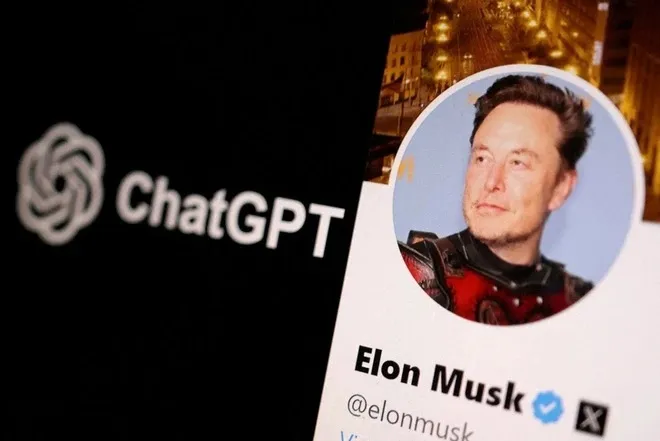
Altman: Musk’s Offer Is Not Serious
Reports surfaced earlier this month that Musk, along with a group of investors, was attempting to gain control of OpenAI by offering nearly $100 billion for its nonprofit arm. However, in a statement to CNBC, Altman said he doesn’t take the offer seriously and believes it is simply a competitive maneuver.
“I don’t know, I’m curious. I think it’s an act of slowing down competitors and trying to catch up,” Altman said.
Speaking at the AI Summit in Paris on February 11, Altman reinforced his stance, telling Reuters: “I have nothing to say. I mean, it’s ridiculous. The company is not for sale. This is another one of his tactics to try to disrupt us.”
A Public War of Words on X
The ongoing tension between Musk and Altman has played out publicly, particularly on X (formerly Twitter).
When news broke of Musk’s $97.4 billion bid, Altman took to X with a sarcastic reply: “No thanks, but we’ll buy Twitter for $9.74 billion if you want.”
Musk responded with a sharp comeback: “Scammer.”
This exchange is just the latest in a series of social media clashes between the two tech leaders, whose relationship has deteriorated since Musk’s departure from OpenAI in 2019.
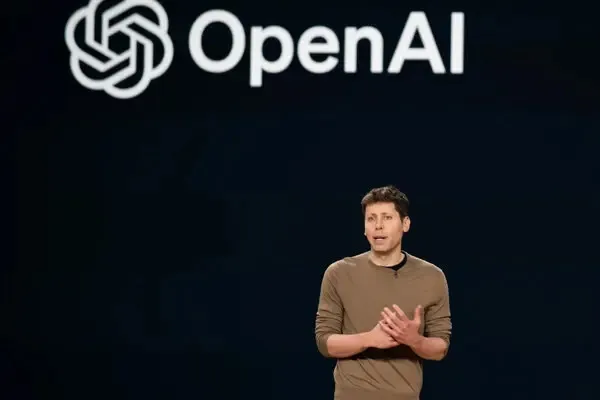
The $500 Billion Stargate Controversy
Beyond Musk’s acquisition bid, another point of contention between the two is the $500 billion Stargate project—an ambitious infrastructure initiative aimed at developing and running advanced AI models in the U.S.
Musk previously claimed that OpenAI lacked the necessary funding to contribute to the project, implying that Altman’s company was not financially prepared to participate at the scale required. However, Altman rejected this claim, stating: “I’m not the one making bold claims about securing capital. I’m just here to focus on building.”
Altman’s remark was widely interpreted as a reference to Musk’s infamous 2018 claim that he had secured funding to take Tesla private at $420 per share—a statement that led to an SEC investigation and a $20 million settlement for misleading investors.
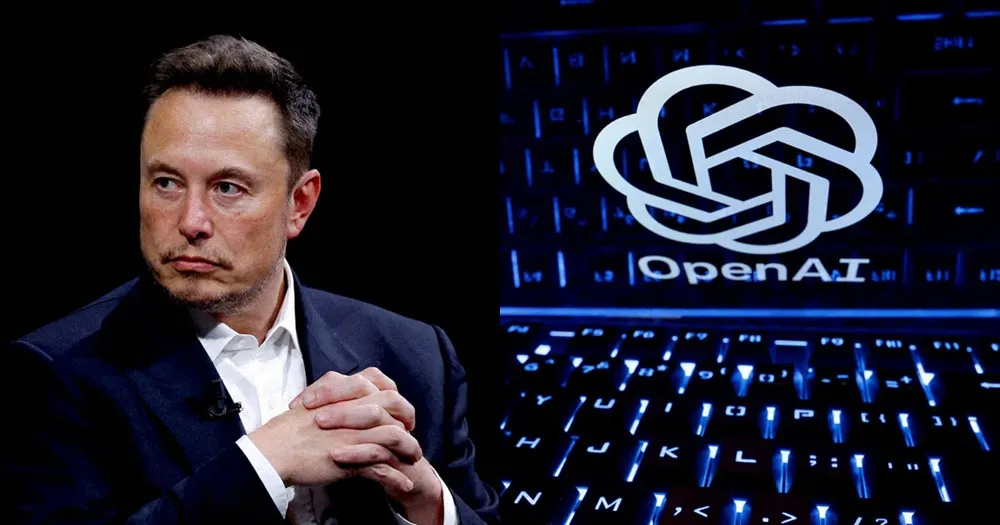
How Musk’s Offer Could Impact OpenAI’s Future
Elon Musk’s $97.4 billion bid to acquire OpenAI has sent shockwaves through the artificial intelligence industry. While the offer has been widely dismissed as unlikely to succeed, it could still have major implications for OpenAI’s future, particularly in terms of fundraising and strategic direction.
According to The Wall Street Journal, Musk’s aggressive move could create uncertainty among investors, potentially complicating OpenAI’s ability to raise capital. The company has been rapidly expanding, investing heavily in the development of ChatGPT and other advanced AI models. However, if investors begin to question OpenAI’s long-term stability due to Musk’s legal challenge, it could slow down funding efforts and disrupt the company’s roadmap.
OpenAI’s leadership, including CEO Sam Altman, has sought new investment partners to fuel further growth, particularly in the highly competitive AI space. The company’s partnership with Microsoft, which has provided billions in funding and cloud computing resources, has been crucial in accelerating AI advancements. However, if Musk’s bid sparks legal complications or shifts the focus away from innovation, OpenAI’s ability to execute its future plans could be negatively impacted.
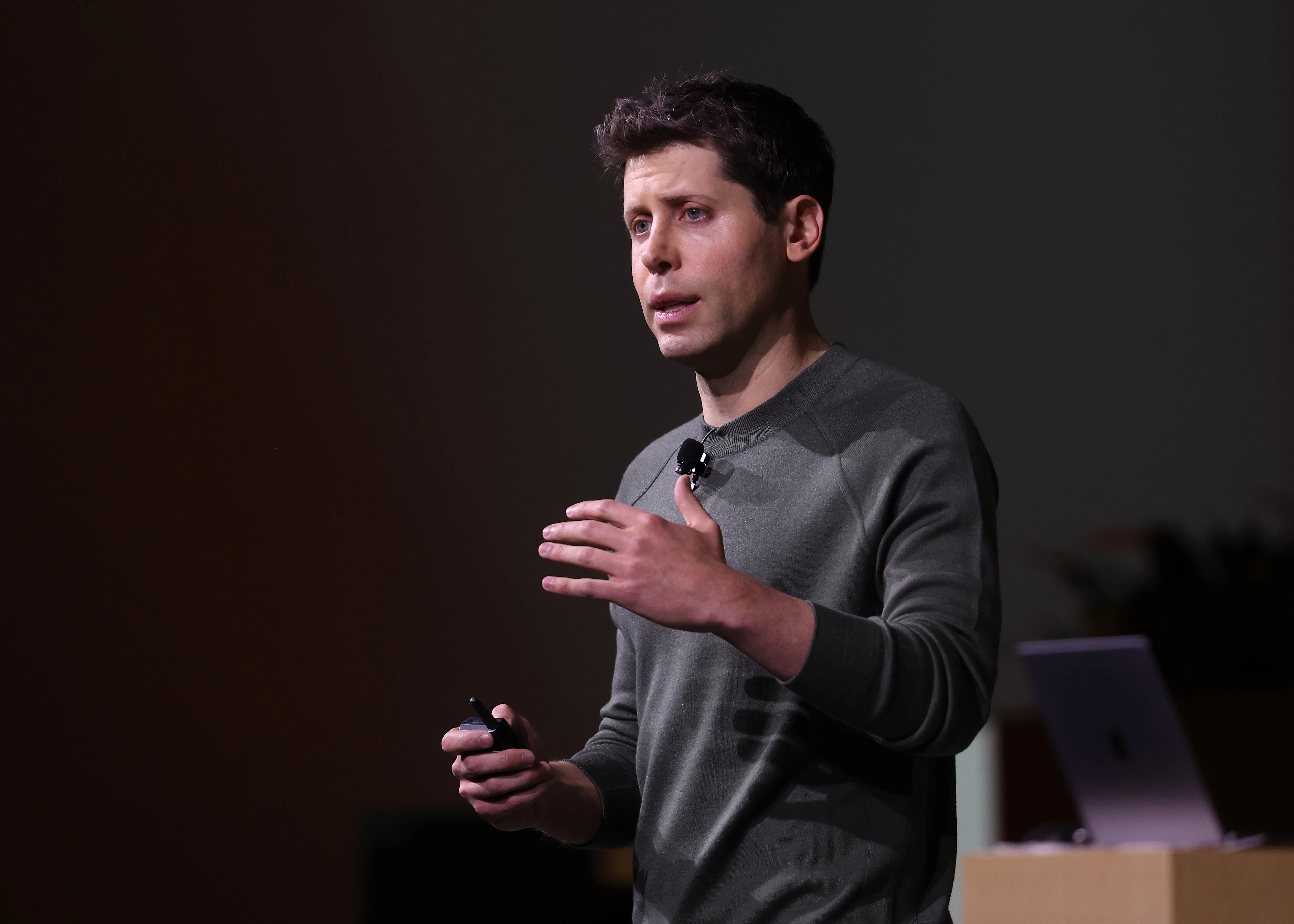
The Growing Divide Between Musk and OpenAI
The feud between Musk and OpenAI has deep roots. In 2015, Musk co-founded OpenAI alongside Altman and several other tech leaders, with the mission of developing AI for the benefit of humanity. At the time, OpenAI was structured as a nonprofit organization, emphasizing open-source AI research.
However, Musk left OpenAI in 2019 after clashing with Altman and other executives over the company’s strategic direction. Reports suggest Musk wanted greater control over OpenAI, but the leadership team resisted his influence. Shortly after his departure, OpenAI transitioned into a for-profit model to attract more investors and accelerate its AI development.
This shift has been a major point of contention for Musk, who has repeatedly criticized OpenAI for becoming too corporate-driven. He argues that the organization has strayed from its original mission and is now prioritizing profitability over transparency and ethical AI development.
Meanwhile, Musk has pursued his own AI ambitions through xAI, a company he launched in 2023 to develop open-source alternatives to OpenAI’s technology. xAI has already introduced Grok, a conversational AI model integrated into X (formerly Twitter), and Musk has suggested that his AI efforts will remain transparent and free from corporate control.
What’s Next for OpenAI and Musk?
As legal proceedings unfold, OpenAI must continue navigating its expansion while dealing with Musk’s ongoing challenges. While Altman and his team have dismissed Musk’s bid as a strategic disruption, the conflict highlights the increasing competition within the AI industry.
If OpenAI can maintain investor confidence and demonstrate continued progress in AI advancements, Musk’s acquisition attempt may have little impact on the company’s trajectory. However, if Musk’s legal battles gain traction, they could force OpenAI to defend its corporate structure, potentially delaying projects and complicating future funding efforts.
Ultimately, this standoff underscores the broader power struggle in artificial intelligence, with Musk and Altman representing two competing visions for AI’s future: corporate-backed AI with strategic partnerships vs. open-source AI with minimal external control.
As the battle unfolds, one thing is clear: the future of AI is being shaped not just by technology—but by the intense rivalries between the industry’s most powerful figures.








